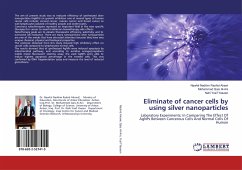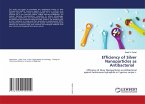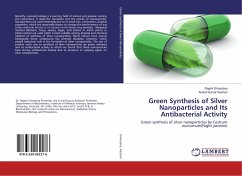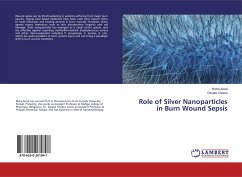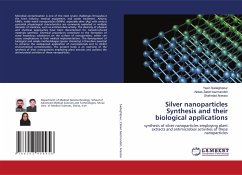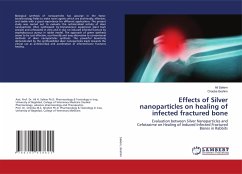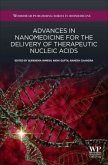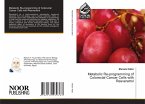The aim of present study was to evaluate efficiency of synthesized silver nanoparticles (AgNPs) on growth inhibition rate of several types of human cancer cells include; cervical cancer, ovarian cancer and breast cancer as well lymphocytes isolated of healthy people and erythrocytes.Cancerous nanotherapies represent an important field in the new specific therapies for cancer to avoid traditional chemotherapy side effects.Nanotherapy goals are to elevate therapeutic efficiency, selectivity, and to overcome cell resistance. There are many nanoparticles; silver nanoparticles are one of the metals that have attracted attention because they have very unique chemical, physical and biological properties.The cytotoxic obtained from this study showed high inhibitory effect on cancer cells compared to lymphocytes normal cells.The results showed that of synthesized AgNPs were induced apoptosis by mitochondrial pathway, and according to acridine orange/propidium iodide mixed fluorescent staining assay, the used AgNPs were able to induce highest apoptosis percentage in the treated cells. This was confirmed by DNA fragmentation assay and measure the level of reduced glutathione.

